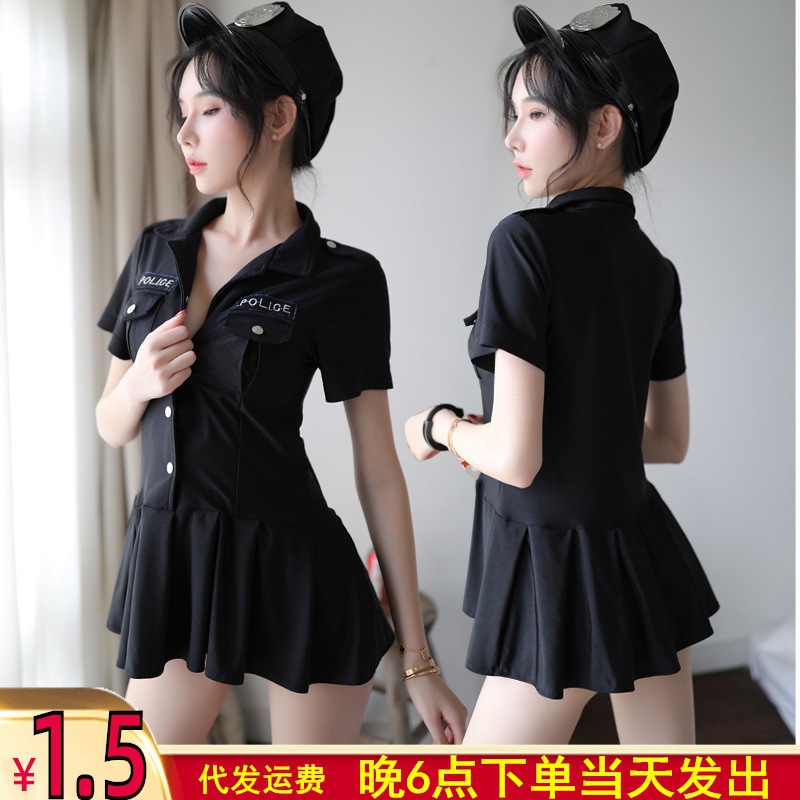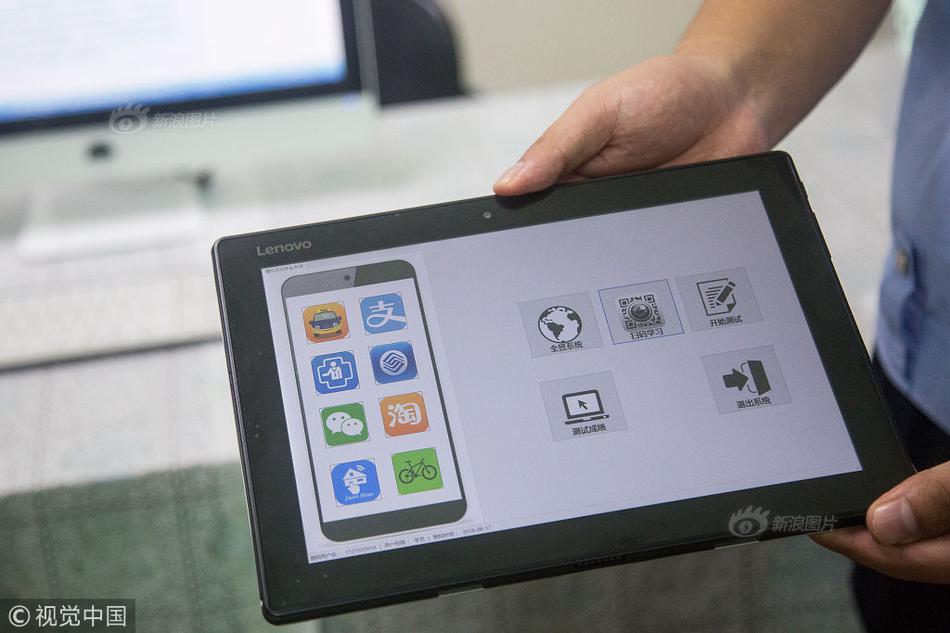08-18,xrgl6bo77djodm0p9c4wrp.
What does 厕所 (Cèsuǒ) mean in Chinese?|
When it comes to the Chinese word "厕所 (Cèsuǒ)," many people might wonder what it means. In Chinese, "厕所" refers to a public or private facility used for urination and defecation. In English, it is commonly translated as "toilet" or "restroom." The word "厕所" is a combination of two characters: "厕" means toilet or latrine, and "所" means a place or location. Together, they form the term for a place where one can relieve themselves. In Chinese culture, the concept of hygiene and cleanliness is highly valued, and the design and usage of 厕所 reflect these values. Chinese 沟厕toilets, or "gōu cèsuǒ," are a unique feature of traditional Chinese bathrooms. These toilets are designed with a trench or trough for waste disposal, rather than a bowl or seat as in Western-style toilets. One notable characteristic of Chinese 沟厕toilets is their efficiency in water usage. Unlike modern flush toilets that require a significant amount of water to operate, 沟厕toilets utilize a minimal amount of water for waste disposal. This eco-friendly design not only conserves water but also reduces the overall environmental impact of traditional bathroom facilities. In recent years, there has been a growing interest in eco-friendly sanitation solutions, leading to innovations in toilet technologies. Companies like "性巴克app 成人版" and "黄金软件下载安装3.3.0vivo版大全" have developed advanced toilet systems that aim to improve water efficiency and promote sustainable bathroom practices. Another aspect of Chinese 厕所 culture is the emphasis on cleanliness and sanitation. In Chinese households, it is common to remove one's shoes before entering the bathroom to maintain cleanliness. Additionally, traditional Chinese bathrooms often feature separate slippers or designated footwear for use in the bathroom, preventing the spread of germs and bacteria. While the design and functionality of Chinese 厕所 may differ from Western toilets, both serve the same essential purpose of providing a sanitary and convenient space for personal hygiene. Understanding the cultural significance and practical importance of 厕所 in Chinese society sheds light on the unique customs and traditions surrounding bathroom etiquette. In conclusion, the term "厕所 (Cèsuǒ)" in Chinese refers to a facility for urination and defecation, commonly known as a toilet or restroom. Chinese 沟厕toilets have their own distinct characteristics, emphasizing water efficiency and cleanliness. By exploring the cultural significance of 厕所 in Chinese society, we gain insight into the values and practices that shape traditional bathroom customs. As technology advances and environmental awareness grows, the evolution of toilet design and sanitation practices continues to shape the future of bathroom facilities. Companies like "色丁香五月天" and "留守妇女如狼似虎的预兆" are at the forefront of toilet innovation, leading the way towards more sustainable and efficient 厕所 solutions.
《无需付费看3d产品》国色天香A区和B区有什么不同天堂岛tv永久...|
在广阔无垠的网络世界中,我们时常会陷入选择困难之中,尤其是当涉及到享受3D产品的精彩内容时。国色天香A区和B区作为知名的在线平台,提供了令人眼花缭乱的视听盛宴,但究竟它们有何不同呢?让我们一起来揭开这个神秘面纱! 在“9分10秒头撞玻璃”这一耳熟能详的节目中,国色天香A区和B区在内容选择上有着明显区别。A区以呈现更具惊险刺激的画面为主,而B区则更偏向于温馨治愈的风格。18 触摸互动游戏 黄油 3D在A区有着更多刺激性元素的呈现,而在B区则更注重与观众情感共鸣的营造。这种区别体现了两者在受众定位和内容风格上的不同之处。 不仅如此,国色天香A区和B区的用户体验也有着截然不同的特点。xXXXXL2025这个时下热议的话题在A区得到了更为淋漓尽致的展现,为用户带来前所未有的震撼体验。而在B区,桥本香菜等明星的独家内容更受用户青睐,让观众感受到与明星零距离接触的乐趣。这种用户体验上的差异,也是两者魅力所在之一。 除了内容和用户体验的差异外,国色天香A区和B区在社交互动方面也呈现出截然不同的风貌。寸止挑战等热门综艺节目在A区有着更多的互动环节,观众可以与节目主持人互动参与其中,增加了观赏的乐趣。而B区则更注重社交分享功能的完善,让用户可以轻松分享自己喜爱的节目内容,增进与好友之间的交流。 总体而言,国色天香A区和B区在内容呈现、用户体验和社交互动等方面均有着明显差异。A区偏向刺激激情,注重观众体验的震撼与刺激;而B区更加温馨治愈,着重于与用户情感共鸣。无论您是喜欢刺激还是温情,都能在国色天香的A区和B区找到属于自己的天堂岛tv永久。
来源:
黑龙江东北网
作者:
黄强辉、赵德茂












 6岁男童被邻居带去顶替女孩打疫苗!倒查发现半年前也打过,男孩妈妈:没有同意和解,警方已立案
6岁男童被邻居带去顶替女孩打疫苗!倒查发现半年前也打过,男孩妈妈:没有同意和解,警方已立案 全球罕见!中国医生救回“身首离断”患者
全球罕见!中国医生救回“身首离断”患者























